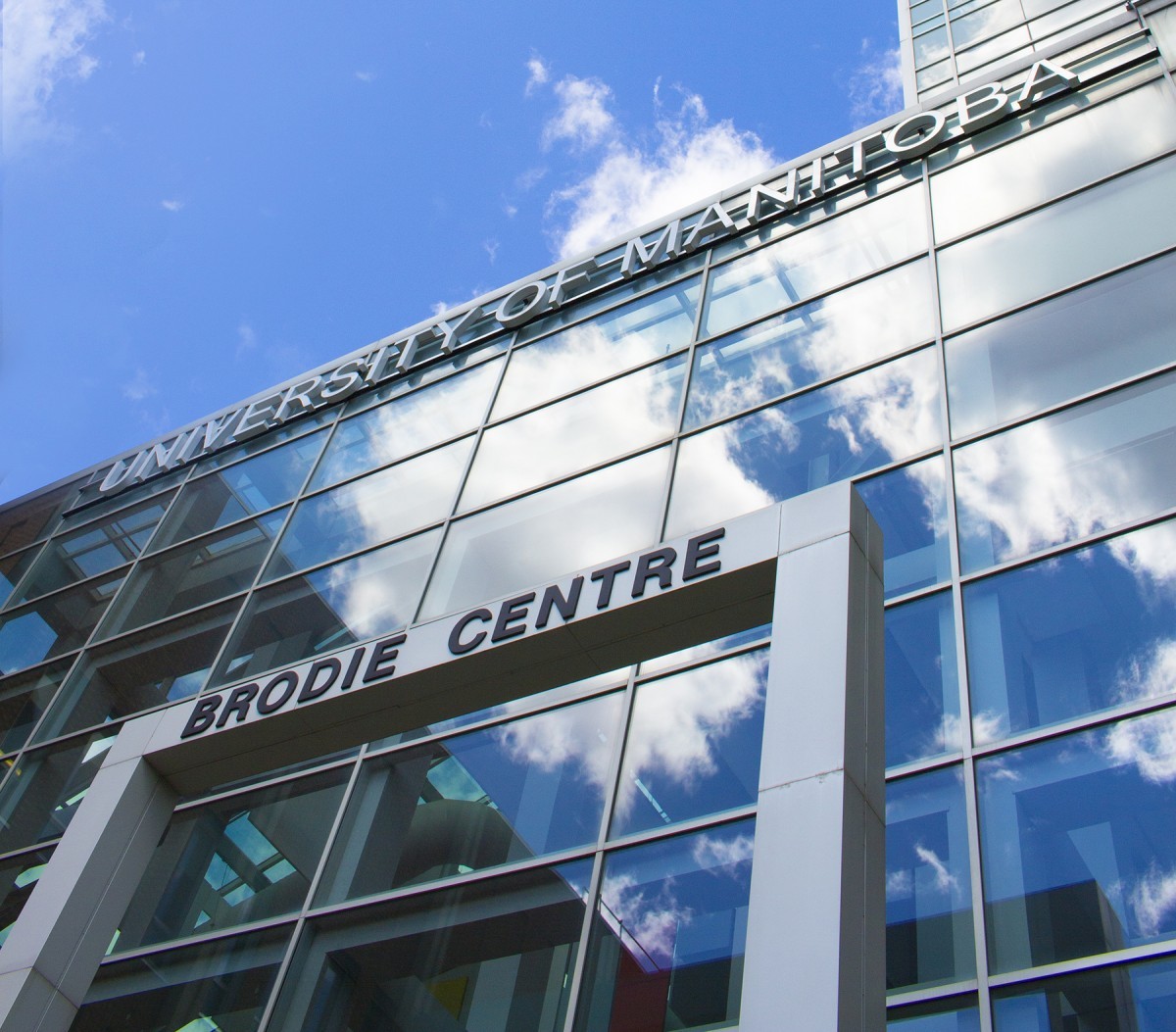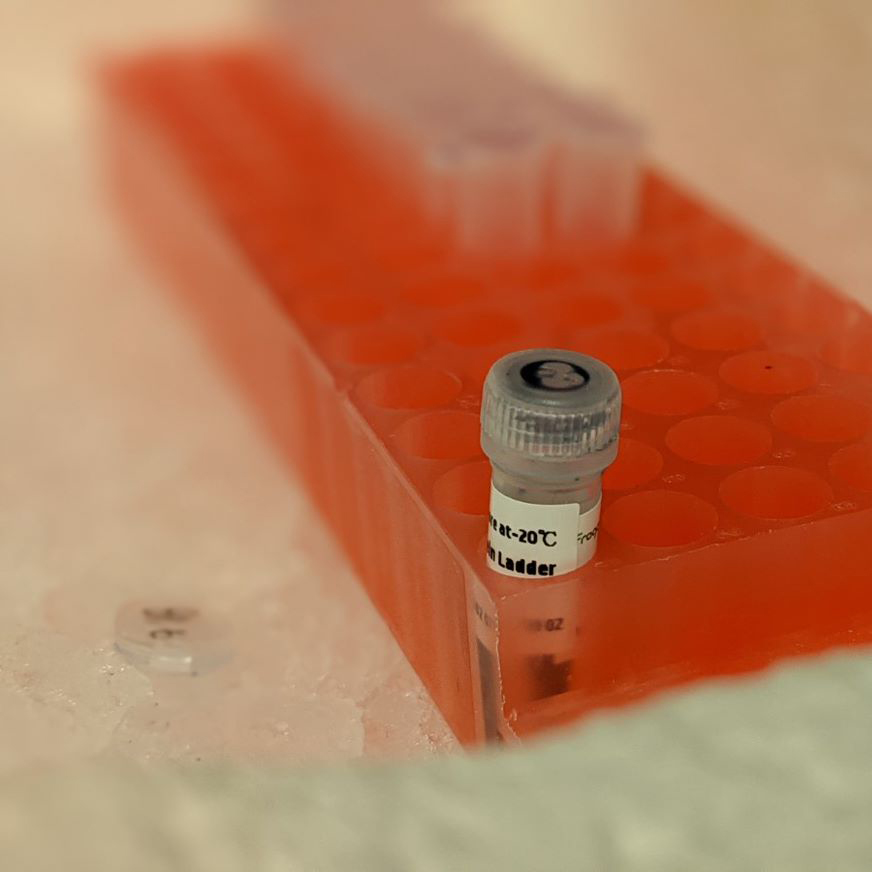Component Programs
- About MNN
- Component Programs
There are 3 major component research programs with distinct yet related neuroscience specialties that contribute significantly to the Manitoba Neuroscience Network research enterprise. These programs represent over 20 neuroscience research faculty and 100 trainees and staff.
Discover more about these research programs below.
The 3 Core Neuroscience Research Programs

The Neuroscience Research Program (NRP) is a joint initiative of the University of Manitoba and the Winnipeg Regional Health Authority. Opened in 2013, the NRP is housed in the state-of-the-art Kleysen Institute for Advanced Medicine at the Winnipeg Health Sciences Centre. The NRP features nine principal researchers with academic appointments across four University of Manitoba departments in the Rady Faculty of Health Sciences. The vision is to create a site at which the impact of disease and trauma on brain function can be examined comprehensively in humans and in complementary small animal models. Patient-derived information is used to fuel innovation in animal models, and detailed mechanistic animal research, in turn, is used to design novel reporters of brain function and avenues for therapeutic intervention in humans. NRP research is fueled by an interdisciplinary team with a diverse range of expertise, spanning from the neurobiology of structural and functional synaptic connectivity, to biomedical engineering in advanced human and animal neuroimaging. Working together, members are making major contributions to understanding a wide spectrum of nervous system disorders including dementia, Multiple Sclerosis, mental health diseases, stroke, brain trauma and brain tumor progression and drug targeting.
The Neuroscience Research Program also maintains and operates the Live-Cell Imaging Facility (LCIF), which offers access to advanced microscopy systems.

The Spinal Cord Research Centre (SCRC) consists of ten core laboratories dedicated exclusively to spinal cord research. Eight laboratories are housed in the Department of Physiology and Pathophysiology at the University of Manitoba and two laboratories are part of the Regenerative Medicine Program in the Faculty of Health Sciences. These core investigators are joined by 12 affiliated researchers across six other departments or schools at the University of Manitoba and over sixty research associates, post-doctoral fellows, students and support staff. The SCRC mission is to provide an environment for world-class spinal cord research and training. SCRC members are leaders in the field of locomotor control and research is focused on understanding spinal cord physiology in ways ranging from membrane properties to systems physiology, neuronal networks and regeneration. This unified effort towards understanding the cellular basis of spinal motor control is unique both nationally and internationally, and are essential to other efforts to regenerate central neurons and restore function in man.

The Division of Neurodegenerative Disorders (DND) is located at the St. Boniface Albrechtsen Research Centre in Winnipeg. Neurodegenerative diseases of the peripheral and central nervous systems devastate individuals and their families, and endanger the fiscal solvency of health care organizations. These diseases, the incidence of which are increasing in proportion to our ageing population, are receiving priority status for available funds from government and other funding agencies. St. Boniface Hospital Research has developed DND to determine mechanisms underlying, and identify potential treatments for, neurodegenerative diseases including Alzheimer’s Disease, ischemic stroke, traumatic brain injury and aging-related CNS degeneration. Additionally, DND is particularly interested in the impact of diabetes on these neurodegenerative disorders. DND was established in 1999 under the supervision of Dr. John Foerster and current members include Drs. Paul Fernyhough (Director), Gordon Glazner and Benedict Albensi. All our members hold primary faculty appointments in the Department of Pharmacology and Therapeutics at the University of Manitoba, allowing a thriving training program dedicated to training highly-qualified, adaptable graduate students and research fellows. DND is committed to excellence in research by actively teaching and encouraging innovation, technical diversity, collaboration and rigorous scientific integrity - all aimed at driving dissemination of high-impact research and generation of intellectual property.
More research programs

In addition to core neuroscience programs, the MNN is comprised of more than 40 principal researchers from several contributing hospitals, centres, institutes and academic faculties and departments at the Universities of Manitoba and Winnipeg:
- University of Manitoba
- Rady Faculty of Health Sciences
- Max Rady College of Medicine, Departments of Physiology & Pathophysiology, Pharmacology & Therapeutics, Human Anatomy and Cell Science, Medical Microbiology & Infectious Disease, Radiology, Surgery, Internal Medicine, Immunology, Pathology
- College of Dentistry, Department of Oral Biology
- College of Pharmacy
- College of Rehabilitation Sciences
- Faculty of Arts, Department of Psychology
- Faculty of Kinesiology and Recreation Management
- Faculty of Science, Department of Biological Sciences
- Rady Faculty of Health Sciences
- University of Winnipeg
- Faculty of Arts, Department of Psychiatry
- Faculty of Science, Department of Physics
- Winnipeg Health Sciences Centre
- St. Boniface Hospital Research
- CancerCare Manitoba Research Institute
- Children’s Hospital Research Institute of Manitoba
- Pan Am Clinic Concussion Program